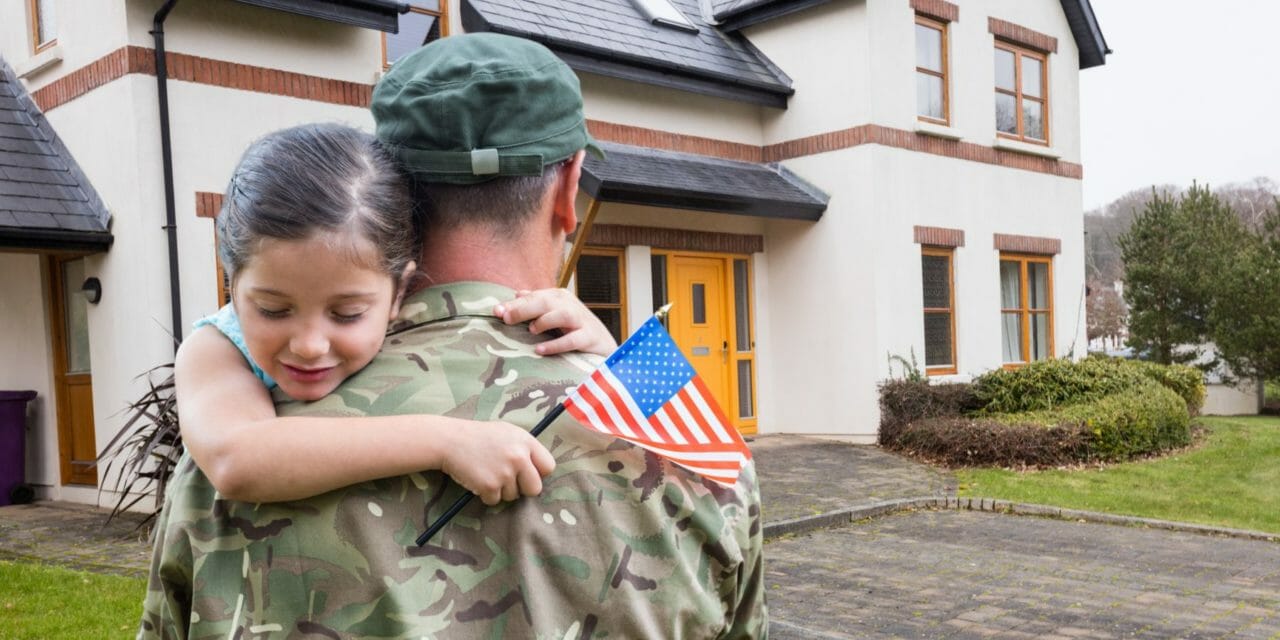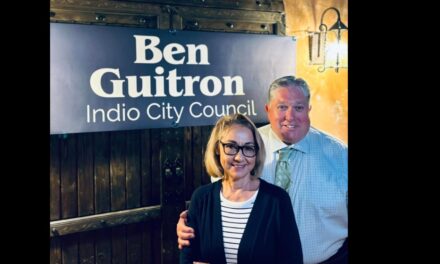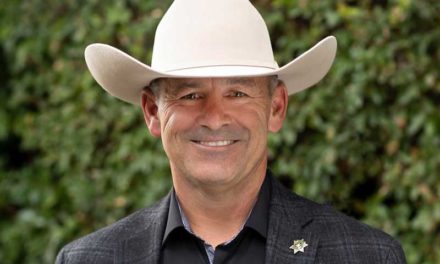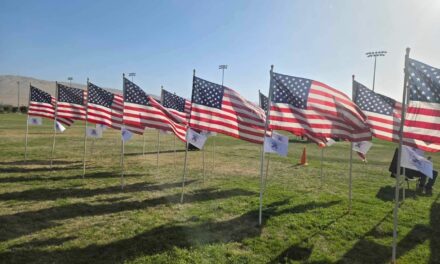CATHEDRAL CITY — The City Council on Wednesday will consider a formal resolution in support of Proposition 1. The initiative is expected to create 137,000 jobs and pump $23.4 billion into California’s economy.
California Proposition 1, the Housing Programs and Veterans’ Loans Bond, is on the ballot as a legislatively referred bond act on Nov. 6, 2018. A “yes” vote supports this measure to authorize $4 billion in general obligation bonds for housing-related programs, loans, grants, and projects and housing loans for veterans.
Proposition 1 has significant implications in Riverside County, which is home to more than 130,000 veterans. Riverside County has the third highest veteran population in the state and is the host of two major military installations; various National Guard facilities and installations; and state and federal reserve facilities and installations.
In California, the state sells general obligation bonds to investors, who are in effect providing funds to the state that the state repays the investors with interest over a period of time. The state repays bondholders through revenue in the General Fund. The California Constitution requires that general obligation bond issues of $300,000 or more be referred to voters for approval or rejection. Between 1993 and 2018, voters of California cast ballots on 39 bond issues, approving 31 of them.
California is known for having an abundance of propositions on the ballot and this year is no different. Proposition 1 is one of 11 propositions on the November 2018 ballot. It is another vehicle to help veterans in the state.
Reasons Councilors are considering support of Proposition 1 include:
- housing affordability is an urgent issue facing families and communities across California, and the cost of housing means many people and families can’t afford other basics like food and transportation;
- addressing California’s lack of affordable housing must be an urgent priority at a time when more than half of California households that rent (more than 3 million) spend more than 30 percent of their income toward rent and nearly one-third (over 1.5 million households) spend more than 50 percent of their income on rent;
- the devastation of the housing crisis is evident in homelessness in our communities;
- recent housing production levels are far short of the state’s projected housing need for 180,000 new homes per year;
- proceeds from the 2006 housing bond that helped create and preserve affordable apartments, urban infill infrastructure, and single-family homes have been expended;
- the Veterans and Affordable Housing Act dedicates funding to help military veterans have a safe place to call home, provides stable housing for struggling families, people experiencing homelessness and individuals with disabilities;
- Proposition 1, the Veterans and Affordable Housing Act, builds affordable homes for hardworking people, enabling them to live in the communities where they work and near transit to reduce long commutes and curb pollution; and
- the Veterans and Affordable Housing Act invests in Californians’ priorities: building homes, creating jobs and boosting the economy.
Proposition 1 is the only proposition that directly addresses the shortage of housing by building more affordable homes — without raising taxes.
“Together, we can create affordable housing to help those in need, including former foster youth and low-income senior citizens,” said Sen. Jim Beall, Proposition 1 author and chairman of the Senate Transportation and Housing Committee.
California has the largest population of homeless veterans in the nation, and homelessness is expected to increase over the next decade among veterans who served in Iraq and Afghanistan. Veterans suffering from medical and mental health conditions sustained from their service are at high risk for long-term homelessness.
“A safe, stable, affordable home is how we can provide a lifetime of support for veterans of all generations and their families. Affordable housing for veterans opens up opportunities to participate in the American Dream their sacrifices have made possible,” said Gerald G. Wilson, Past State Commander, Disabled American Veterans, Department of California.
Proposition 1 would distribute bond revenue as follows:
- $1 billion for the CalVet Home Loan Program, which offers loans to veterans for the purchase of homes, farms, units in cooperative developments, and mobile homes;
- $1.5 billion for the Multifamily Housing Program (MHP), which offers loans for the construction, rehabilitation, and preservation of rental housing for persons with incomes of 60 percent or below of the area median income;
- $150 million for the Transit-Oriented Development Implementation Fund, which offers loans and grants to local governments and developers for housing projects near transit stations;
- $300 million for the Regional Planning, Housing, and Infill Incentive Account, which offers grants for infill infrastructure that supports high-density affordable and mixed-income housing;
- $150 million for the Home Purchase Assistance Program, which offers loans to low-income and moderate-income homebuyers;
- $300 million for the Joe Serna, Jr. Farmworker Housing Grant Fund, which offers grants and loans for farmworker housing;
- $300 million for the Local Housing Trust Matching Grant Program, which offers matching grants to local housing trust funds for “pilot programs to demonstrate innovative, cost-saving approaches to creating or preserving affordable housing;” and
- $300 million for the Self-Help Housing Fund, which provides forgivable loans for mortgage assistance, the development of multiple home ownership units, and manufactured homes.
Image Sources
- Veteran at home: Shutterstock







